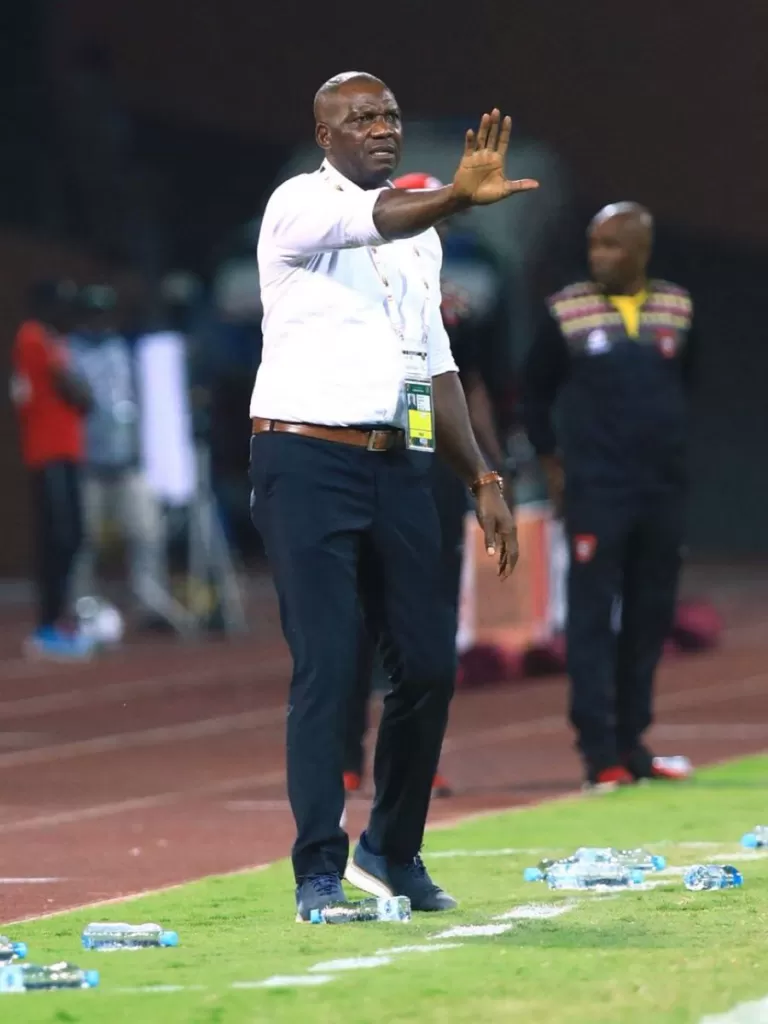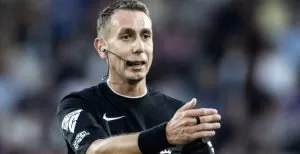Austin Eguavoen Give Reasons For Quitting Super Eagles

Austin Eguavoen’s decision to step down from his role with the Super Eagles, as of the latest information available up to September 10, 2024, can be attributed to several reasons based on the context provided:
- Completion of Task: Eguavoen was initially appointed to handle the Super Eagles for specific 2025 Africa Cup of Nations qualifiers against Benin and Rwanda. After leading the team through these matches, which resulted in a win against Benin and a draw against Rwanda, he chose to resign, indicating that his interim role was concluded.
- Personal Reasons and Love for the Game: Eguavoen expressed his decision to take on the interim role was out of love for the country and the game of football. This suggests that his involvement might have been more about fulfilling a duty rather than a long-term commitment, which could explain his exit after the qualifiers.
- Previous Experiences and Outcomes: Eguavoen’s past tenures with the Super Eagles, especially the failure to qualify for the 2022 World Cup and an early exit at the 2021 AFCON, might have influenced his decision. These experiences could lead to a reluctance for another extended term, especially under pressure or with expectations for immediate success.
- Interim Nature of Appointment: His role was described as interim, which inherently implies a temporary position. After fulfilling his interim duties, stepping down might have been part of the plan, allowing for a new coach to take over with a fresh start for upcoming challenges.
- Desire for Stability or Different Role: Given his history with the team and his position as the NFF’s Technical Director, Eguavoen might prefer stability or a different role within football administration rather than the high-pressure environment of coaching the national team, especially after multiple stints.
- Public and Media Pressure: The scrutiny and pressure from public and media following previous performances might contribute to his decision. The narrative around his coaching often highlighted failures, which could affect one’s willingness to continue in such a high-profile role.
Eguavoen’s reasons for quitting, therefore, seem to blend a sense of duty fulfilled with personal considerations regarding his career path and the intense scrutiny that comes with coaching Nigeria’s national football team. His decision reflects a mix of professional strategy, personal choice, and perhaps a response to the broader context of football management in Nigeria.







